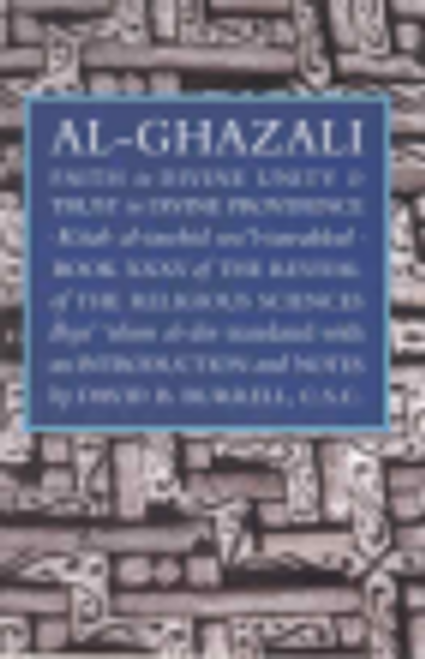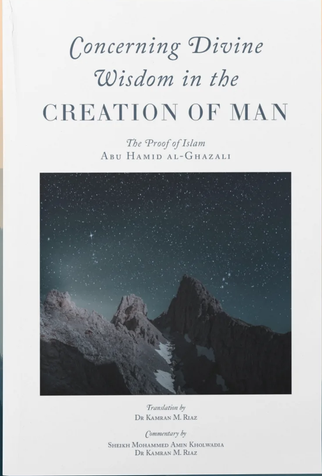Faith in Divine Unity and Trust in Divine Providence
Fons Vitae
- SKU:
- BKFV1010
- MPN:
- 9781887752350
What sort of a practice is trust in divine providence? It entails aligning oneself with things as they really are: in Ghazali's terms, with the truth that there is no agent but God Most High-- a reminder that everything in the universe is created by that same God and so reflects something of God's majesty and beauty. Yet the very thing that escapes our understanding is the secret connection of each creature with its creator. This requires effort, which cannot be solely intellectual, for our relationship to the One Creator resists formulation. If we truly believe that each created thing reflects God's majesty and beauty, then each event in our lives also reveals God's way of guiding us. By trying our best to act according to the conviction that the divine decree expresses the truth in events as they unfold, we can allow ourselves to be "shown" how things truly lie. Faith tawhid and practice tawakkul reinforce one another. The understanding we can have is that of one journeying in faith, a "salik," the name which Sufis appropriated for themselves.Ghazali selects stories of Sufi sheiks, offering them as examples to help point us towards developing specific skills of trusting: habits of responding to different situations in such a way that we learn by acting how things are truly ordered, the truth of the divine decree.
Ghazali's judicious use of stories is intended to imitate the Sufi practice of master/disciple, where the novice is helped to discern how to act. So the challenge of understanding the relation of the free creator to the universe becomes the task of rightly responding to events as they happen, in such a way that the true ordering of things, the divine decree, can be made manifest in our actions-as-responses. When put into practice in this way, the "knowledge," which faith in divine unity brings can lead us to an habitual capacity [or "state"] to align our otherwise errant responses to situation after situation according to that faith.
One of the greatest Sufi thinkers of all time, Al-Ghazali (died 1111 C.E.) shares his startling and original exploration of the meaning of trust in Divine Providence and recommends specific spiritual skills to help the seeker develop a state whereby he may rightly respond to events as they happen.
 US Dollar
US Dollar















